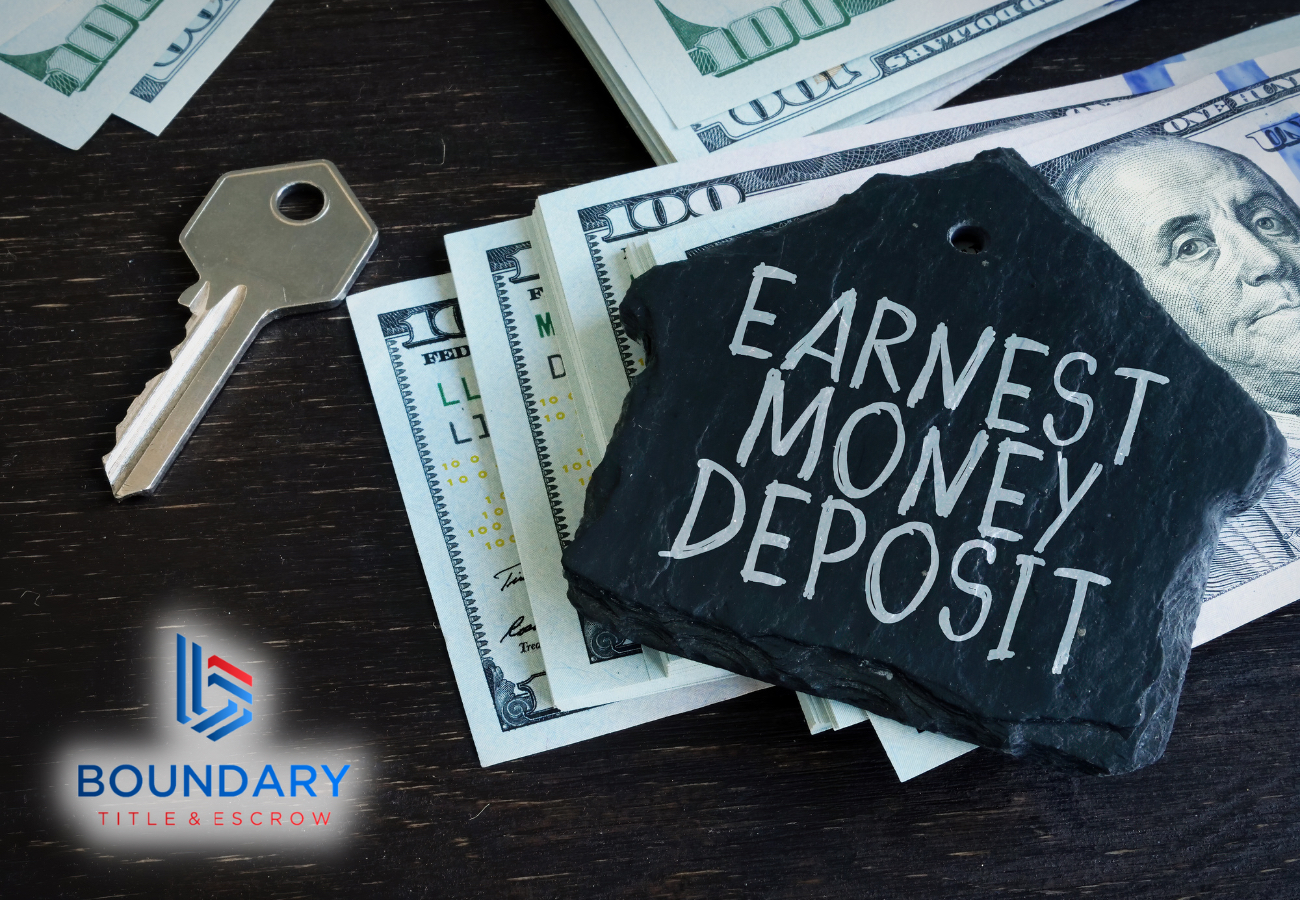Also referred to as a good faith deposit, earnest money is simply a deposit made during a home purchase agreement to let the seller know the buyer is committed to the purchase. In other words, it’s a monetary promise exchanged between the buyer and the seller.
But, if you’re going to use it effectively you’ll need to know how it works, when to use it, and what you should know to protect yourself. Read on to find out more.
Earnest Money: A Monetary Promise
Buyers include earnest money in a purchase agreement to indicate to sellers that they’re serious about buying the home. This practice developed as insurance for the seller, who can get burned when a buyer walks away from the transaction.
Once a purchase agreement is made, the house goes off the market and the transaction moves toward closing. But, if for any reason the deal falls through (and there are many reasons it might), the seller is burdened with relisting and starting the entire selling process over.
Of course, one reason the deal might fall through is that the buyer simply backs out during the process. Earnest money comes in to prevent the seller from being burned this way. If the buyer walks away from the deal, their earnest money is forfeited to the seller. It acts as compensation for their effort and time off the market. On the other hand, if the deal proceeds as normal the earnest money is simply converted to a down payment deposit.
There are circumstances where earnest money can be returned even if the purchase falls through. Earnest money is designed to prevent the buyer from reneging on the deal without good cause. If the purchase falls through because a purchase contingency is violated, the buyer should have no obligation to give up their deposit.
When Earnest Money Matters
Depending on the conditions of the market, earnest money may be more or less of a concern.
In a hot housing market, fierce competition from other buyers means earnest money becomes an expectation or even a requirement. Putting up money earlier in the process lets sellers know you’re serious about the house, and could put you ahead of the competition.
Who Sets The Value of the Earnest Money Deposit?
Typically, the buyer does. If you’re buying and plan to use earnest money to get ahead of other buyers, you should be offering 1-3% of the property sale price. This varies depending on market conditions and consulting a specialist like a real estate agent while setting your offer is always a good idea.
Unsurprisingly, the general rule is to go higher following high demand and lower following slower demand. If you’re too conservative with your earnest money on a very high-demand property, you’re likely to be cut out by more generous offers. If you’re unsure where you stand, stick to an experienced real estate agent’s advice and adjust your offer accordingly.
Protect Your Earnest Money Deposit
In any transaction, it’s your responsibility to know how to protect your interests. This applies to earnest money as well. Here are a few tips:
Formal Contracts
When it comes to the big things in life, it’s a good idea to get everything in writing. Purchasing a home and navigating its associated transactions is a huge move, financially. Be explicit about what contingencies will cancel the seller’s claim to the earnest money. Be explicit about what happens in all circumstances and be detailed. It’s better to reach a complete, mutual understanding now than to find yourself in a dispute later.
Address Contingencies
Speaking of contingencies, do your research and determine what contingencies you find acceptable. It’s critical you account for unforeseen circumstances and protect your finances in the event they arise. Contingencies are put in place to protect both buyer and seller, so ensure they’re filling that role well.
Use a Third-Party
It’s much safer to hold your earnest money with a third party rather than engage in a direct transaction between buyer and seller. Consider using a third-party escrow account to protect yourself and your finances from fraud.
Bottom Line: Boundary Title Helps You Navigate Earnest Money Risks
Ready to get on your way to closing your home? Boundary Title’s team of experts will guide you through the process every step of the way. When you close with us, we make it easy! Reach out to Boundary Title today.
This material is provided as a courtesy and for educational purposes only. Please consult your title professional for specific information regarding your situation.

